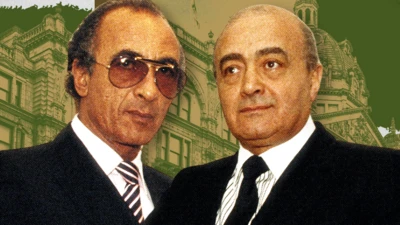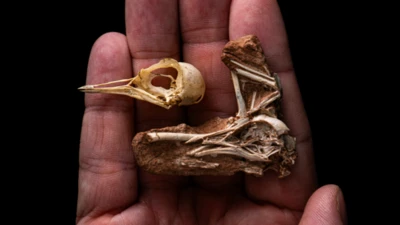We've updated our Privacy and Cookies Policy
We've made some important changes to our Privacy and Cookies Policy and we want you to know what this means for you and your data.
Megaupload wins access to data seized in police raid
Megaupload founder Kim Dotcom has won access to evidence seized during raids on the file storage service.
The decision to grant access was made by the New Zealand high court which said warrants used to grab the material were illegal.
The ruling is a victory for Mr Dotcom who said his defence was harmed because police could see evidence he could not.
Computers, hard drives and documents were grabbed in January 2012 during raids co-ordinated by US authorities.
They accused Megaupload of making massive profits from digital piracy by helping people share movies and music illegally. The raids, led by the FBI, forced Megaupload to close.
Mr Dotcom has denied the charges saying Megaupload was just a storage service that should not be held responsible for what its users did with it. He has fought a long-running legal battle over the case in New Zealand where he lives and has scored several victories. In September 2012 he won an apology from New Zealand's prime minister over the handling of the case.
The latest decision requires New Zealand police to comb through the evidence scooped up in the raid and return any data files considered "irrelevant" to the case. Clones of this information created by investigators must be destroyed.
In addition, copies of any information considered "relevant" to the ongoing case must also be handed over to Mr Dotcom's legal team.
Lawyers working for Mr Dotcom have long requested access to the information as they prepare for an extradition hearing scheduled for August. US authorities want Mr Dotcom to face charges in the US over alleged copyright theft.
This hearing may be delayed because of questions over whether the evidence being given by the US as justification for extradition was acquired illegally.
A year after the Megaupload shut down, Mr Dotcom, formerly Kim Schmidt, started a separate online file-storage service called Mega.
Top Stories
More to explore
Most read
Content is not available








